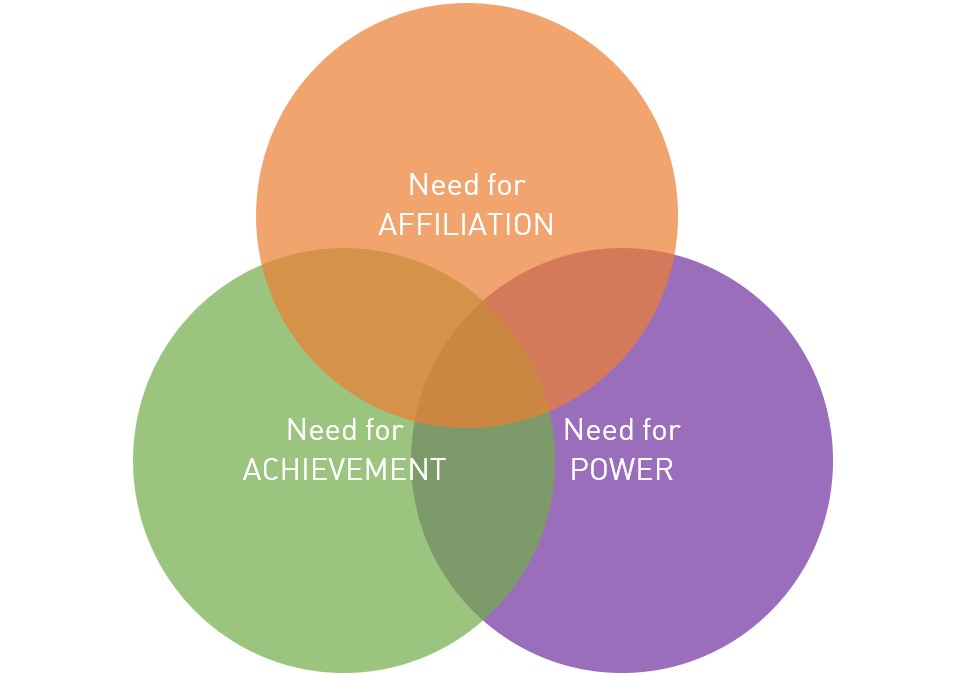
By Bradford F. Spencer, Ph.D. & Christopher Henry, MSW
Most of us spend our time doing what we do on auto-pilot. We don’t give many of our actions too much thought. After years of indelibly etched experiences and behaviors, we leave our day-to-day approaches of handling our problems to our subconscious (beneath the surface). We are naturally aware of this and think we are flying the plane when, in actuality, we are simply repeating the same approach hoping that that the auto-pilot will allow us to land safely on the tarmac.
As children, our brains develop certain ways of processing information which determines our behavior under certain circumstances. After a while, that behavior is reinforced both from our external environment and our ego (it feels good). We, therefore, replicate it until it becomes unconscious. Then one day we find out our behavior is not getting us what we want. The auto-pilot defaults to the wrong destination and we wonder why. We relied on it too heavily without bringing conscious awareness to flying our plane.
While some of us have great energy for seizing a challenge, creating something unique or innovative (achievement motivation), others get energy and enjoy developing strong relationships (affiliation motivation), while still others get charged-up by influencing and impacting people (power motivation). Some may thrive on and get a “rush” from any combination of these motives, upon which Dr. David McClelland focused much of his work.
Our motives, or innate drives, direct our behavior, thus the way we interact under certain circumstances. These psychological needs are similar to physiological needs in the sense that if we don’t get them met positively, we will get them met negatively. If a child on an airplane is not getting the positive attention or stimulation wanted, they will act out by crying, whining, or running up and down the aisle.
Similarly, in a workplace there are people who enjoy challenging opportunities (Need for Achievement) If they aren’t stimulated by doing something challenging, they will get their needs met negatively. They may become bored and unconsciously or consciously sabotage their work product. Whether they act out consciously or unconsciously, they may not be aware of why. There are others who crave interaction and want to be involved in group projects or to check-in with the boss (Need for Affiliation). If they do not get that interaction, they may pester others or perform poorly to get that need met negatively. Still others like to have impact and influence. If their needs are not met positively and they do not feel as though they are having an impact, they may resort to controlling or deceitful behaviors to get that need met negatively (Need for Power).
All day long, people give us insight into their needs. In many instances, people will give you or show you their need structure simply by their behavior. As leaders, it’s critical to understand that need structure in order to effectively communicate with and motivate employees. When we simply listen to cues, we can discern what is important to others.
“This organization does not value my input.” The easy way out is “Yes, it does” or “No, it does not.” But that simply results in a tennis match. However, feeding that information back in terms of the impact that person is having on the goals of the organization is going to have far greater influence. “Bob, your years of dedication to this organization have been invaluable in reaching our goals. I would like to sit down and see how your contributions can add greater value as we move toward the future.”
Our needs, whether those of a boss or direct report, will impact the way in which we interact with or react to others. Therefore, as a leader, it’s imperative to bring conscious awareness to what we do and how we do it because we are having an impact on everything we do. In turn, we can recognize why we are getting the results we are getting and how we can be more effecting in getting the results we want.
Join us this February for our renowned Motivating Achievement workshop.